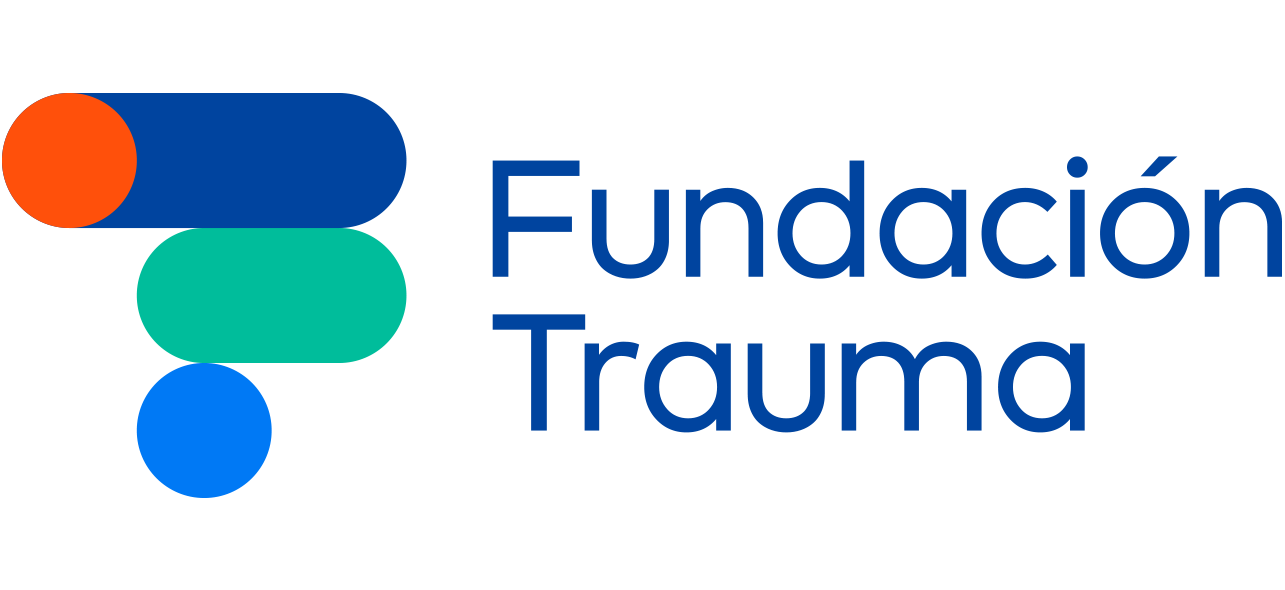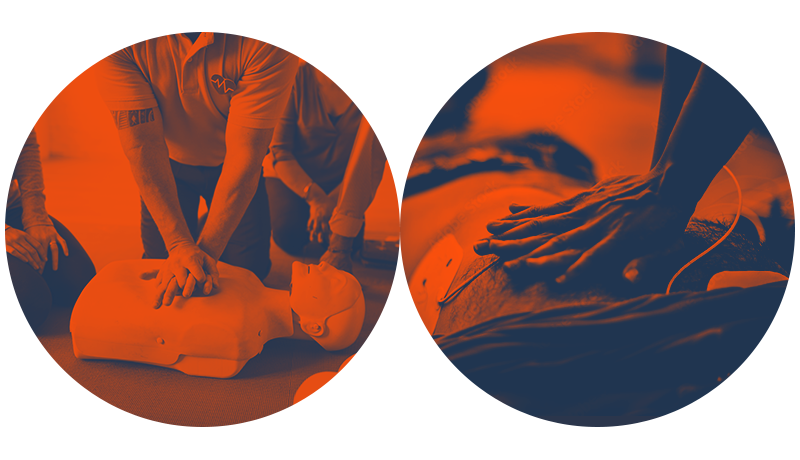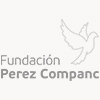Initial care of medical
Initial care of medical emergencies training
We promote training within communities as a key aspect of an organized healthcare system. We offer courses to healthcare teams, communities and companies.
We promote training within communities as a key aspect of an organized healthcare system. We offer courses to healthcare teams, communities and companies.
What is it
It is a training focused on the initial care of a medical emergency, whether of traumatic or cardiovascular origin.
Characteristics
- Hybrid mode: theory online (available 24 hours and from any device) and práctical stations in person
- Audiovisual classes
- Academic support by specialists
- Personalized monitoring and technical support
- Bibliographic material
- Virtual meeetings
- Certificate
- Estimated total duration: basic: 4 hours; intermediate: 7 and advanced: 14 hours.
- At the end of the training, we present a report report of results that contemplate a descriptive analysis of the trained group, effectiveness in the pre and post test; a satisfaction survey, the comments of the participants and recommendations.
Practical Stations
- Cardiopulmonary resuscitation in adults and children
- Automatic External Defibrillation
- Choking
- Trauma assessment
- Mobilization and transport
- Triage workshop (online)
Starting date
On demand.
Impact
23
.
Trainings
281
.
Participants
Impact
270
.
Participants
20
.
Teachers
352







